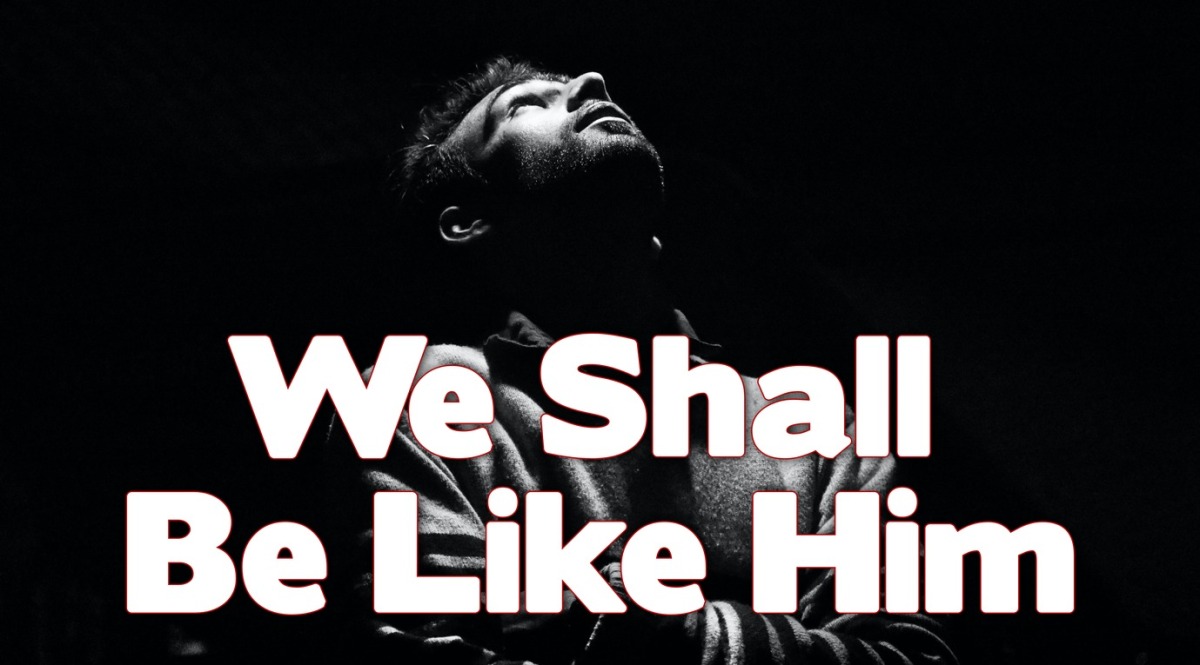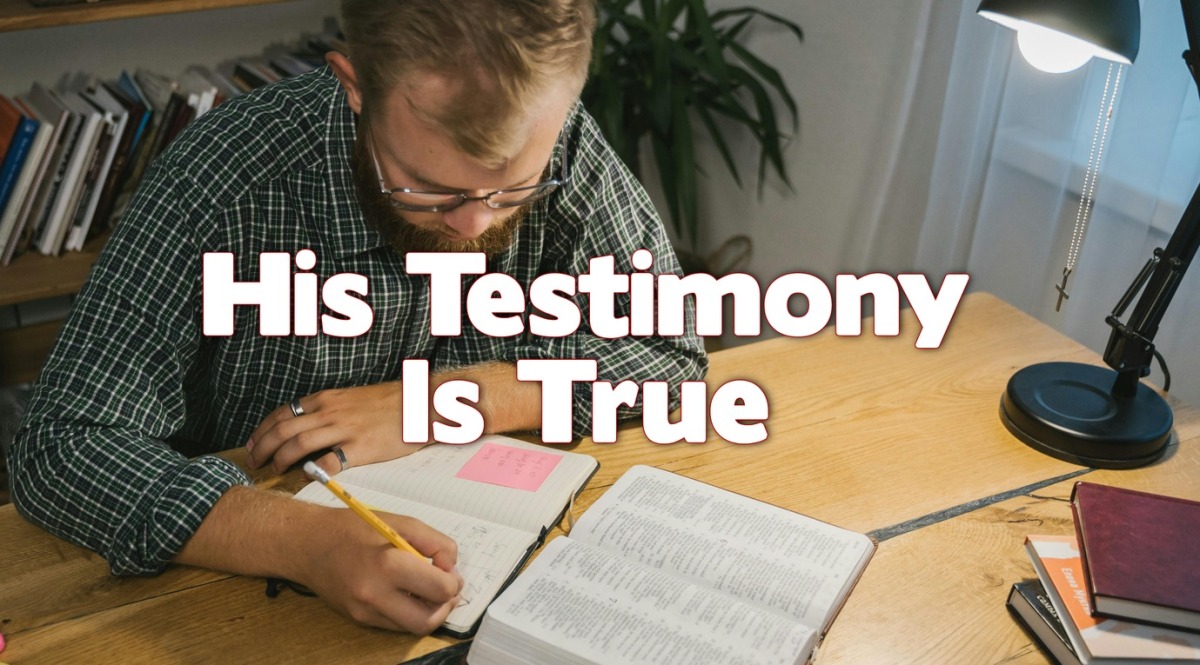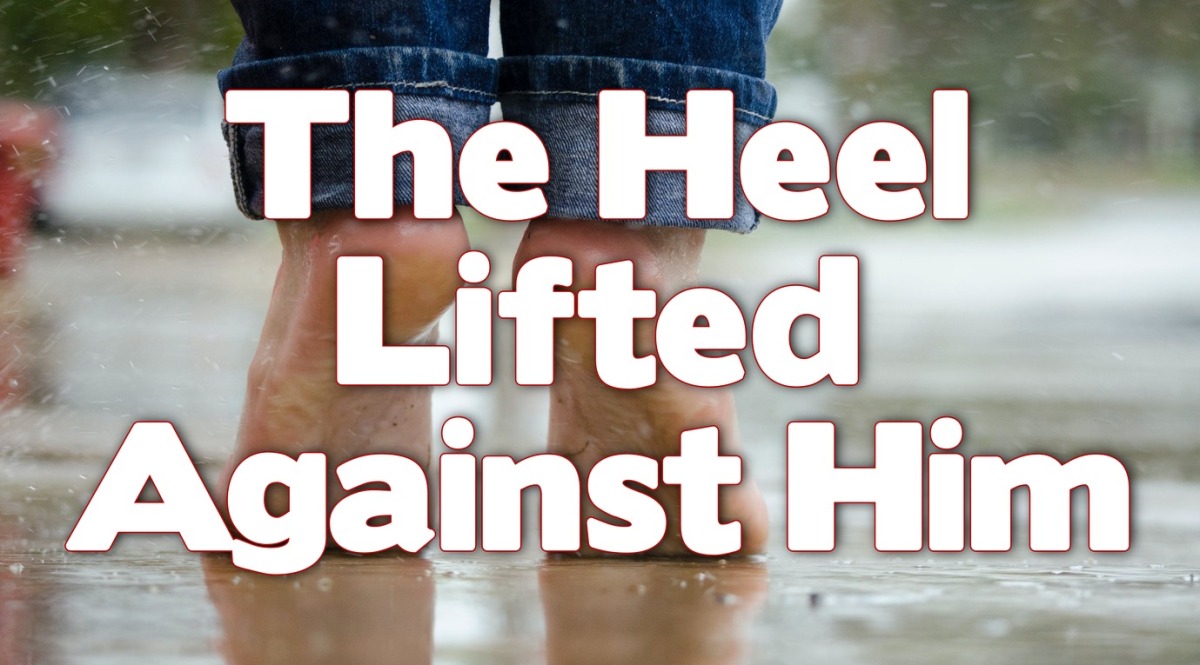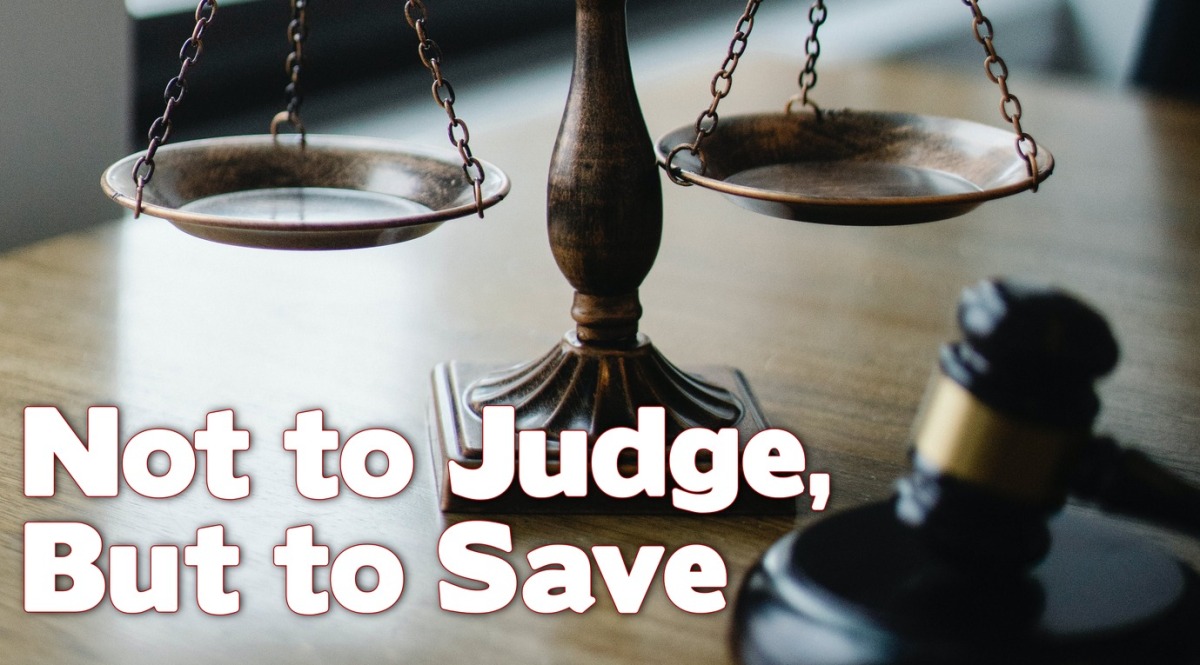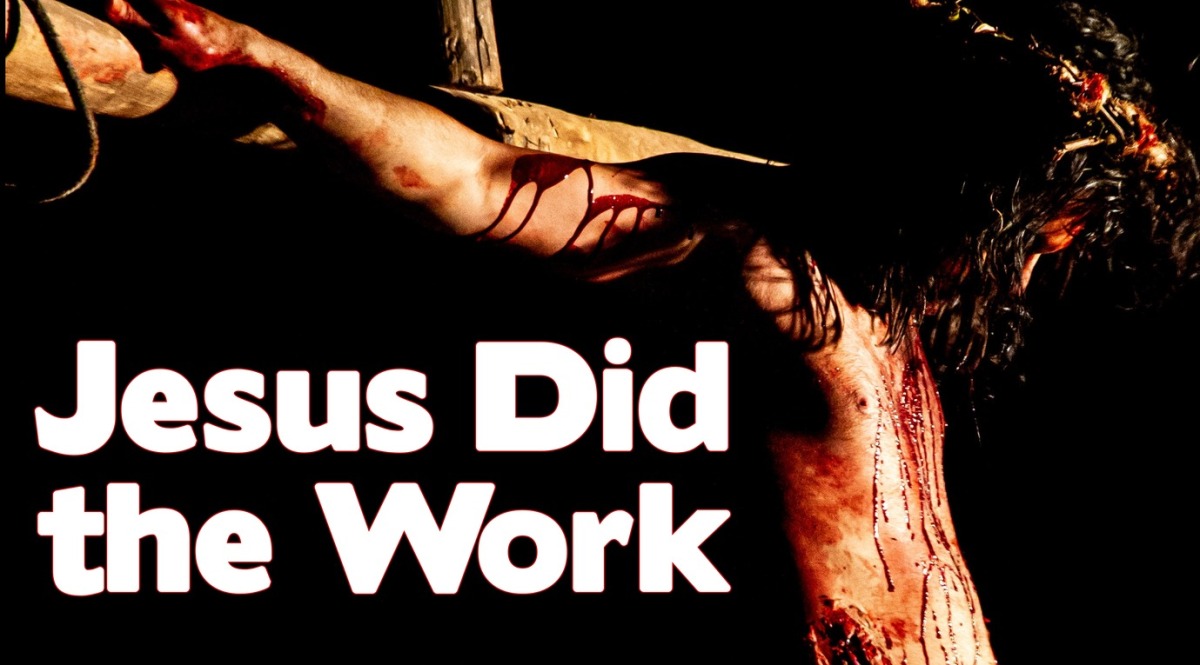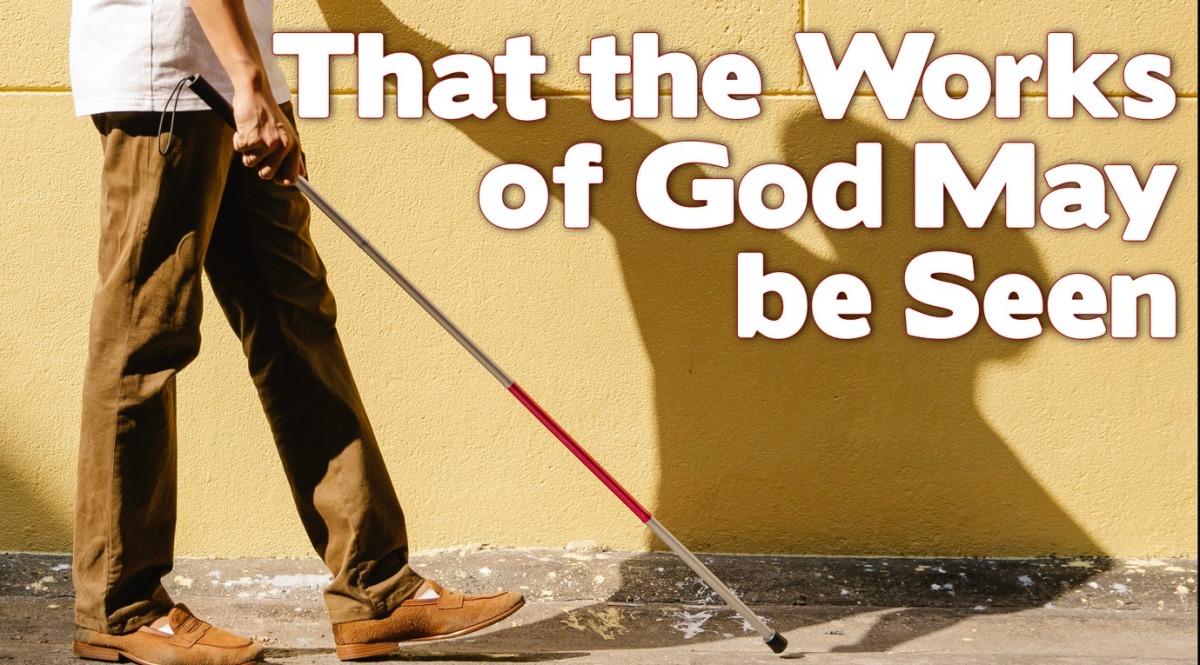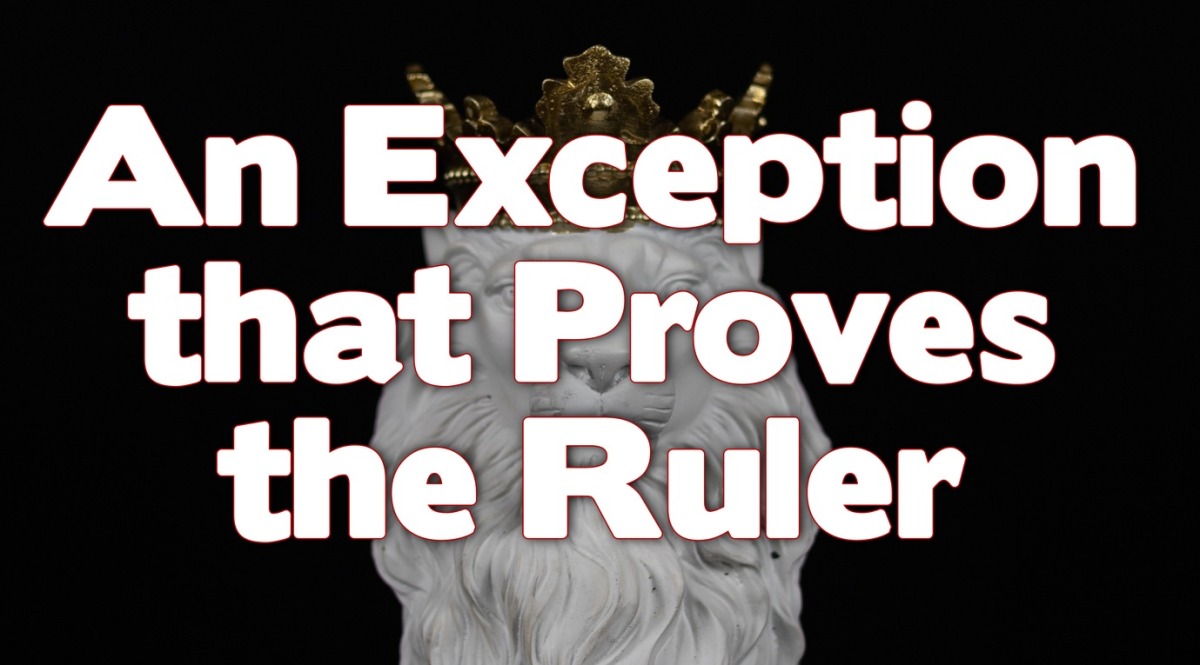Today’s reading is John 21.
John already gave us one concluding statement.
Now Jesus did many other signs in the presence of the disciples, which are not written in this book; but these are written so that you may believe that Jesus is the Christ, the Son of God, and that by believing you may have life in his name.
John 20:30-31 (ESV)
But then he provided an epilogue. And what an epilogue it has been. How could John have known we would need Peter’s story? And oh, how we need it–not because we desperately need to know Peter was restored, but because we desperately need to know Jesus restores even the Peters.
However this leads John to another concluding statement. And do you notice what he does not say? He doesn’t say, “The Word of the Lord came to me, saying…” He doesn’t say, “As God revealed to me, I have written to you…” He doesn’t say, “By secret revelation, the Lord has made known to me these things…” He says:
This is the disciple who is bearing witness about these things, and who has written these things, and we know that his testimony is true.
John 21:24 (ESV)
John doesn’t say we should believe these things because they are inspired by God. He doesn’t say we should believe these things because he received special revelation from God. He offers them to us to believe because he saw them. He experienced them. This is his testimony to us.
That is how we should begin with these gospel accounts. These are testimonies. They are testimonies of eye-witnesses (John and Matthew), they are reports from one who recorded eye-witness testimony (historically, the ancient Christians declared Mark reported Peter’s version of the gospel), they are researched historical accounts (Luke). None of the gospel writers tell us we should believe them because they are simply giving us the words of God and we have to. They are giving testimony. Testimony to be reasonably considered.
You’ve now read John’s testimony. What do you think? Is it to be believed? Is it insane? Is it malevolent? The apostles believed it so much, they (except Judas) suffered for it tremendously. They did not gain amazing followings, become rich, have numerous wives, develop fame and popularity. Even John, our author, ultimately was exiled to the island of Patmos for maintaining his faith in this story.
I can’t make you believe it. John can’t make you believe it. But understand what is going on here. It is a story that has impacted the world, at least the western world, more than any other. You can’t simply dismiss it. If it didn’t happen the way these witnesses said, you need to come up with an explanation of what did happen that actually makes sense and is believable. I’ve yet to hear one.
As we close our look at John’s record of Jesus, the New Moses, the New David, the True Prophet, the Messiah, the Word of God, the Lamb of God, the Son of David, the Son of Man, the Son of God, God Incarnate, I’d like to leave with you one of the most astounding statements I’ve ever read by a historian in the modern day. To my knowledge this historian did not believe in Jesus. But when he read the gospels, though he didn’t bow before them (as you will see in the first paragraph), he was forced to make an incredible admission. I’ll leave it with you to consider as you consider the testimony of John and his friends and fellow workers.
In summary, it is clear that there are many contradictions between one gospel and another, many dubious statements of history, many suspicious resemblances to the legends told of pagan gods, many incidents apparently designed to prove the fulfillment of Old Testament prophecies, many passages possibly aiming to establish a historical basis for some later doctrine or ritual of the Church. The evangelists shared with Cicero, Sallust, and Tacitus the conception of history as a vehicle for moral ideas. And presumably the conversations and speeches reported in the Gospels were subject to the frailties of illiterate memories, and the errors or emendations of copyists.
All this granted, much remains. The contradictions are of minutiae, not substance; in essentials the synoptic gospels agree remarkably well, and form a consistent portrait of Christ. In the enthusiasm of its discoveries the Higher Criticism has applied to the New Testament tests of authenticity so severe that by them a hundred ancient worthies–e.g. Hammurabi, David, Socrates–would fade into legend. Despite prejudices and theological preconceptions of the evangelists, they record many incidents that mere inventors would have concealed–the competition of the apostles for high places in the Kingdom, their flight after Jesus’ arrest, Peter’s denial, the failure of Christ to work miracles in Galilee, the references of some auditors to his possible insanity, his early uncertainty as to his mission, his confessions of ignorance as to the future, his moments of bitterness, his despairing cry on the cross; no one reading these scenes can doubt the reality of the figure behind them. That a few simple men should in one generation have invented so powerful and appealing a personality, so lofty an ethic and so inspiring a vision of human brotherhood, would be a miracle far more incredible than any recorded in the Gospels. After two centuries of Higher Criticism the outlines of the life, character, and teaching of Christ remain reasonably clear, and constitute the most fascinating feature in the history of Western man.
Will Durant, “Caesar and Christ,” Simon and Schuster, New York, 1972, p. 557
If we can help you submit to Jesus and Messiah, Christ, Lord, King, let us know in the comments.
Next week’s reading is 1 John 1.
PODCAST!!!
Click here to take about 15 minutes to listen to the Text Talk conversation between Andrew Roberts and Edwin Crozier sparked by this post.
PATHS:
Discuss Today’s Meditation with Your Family
What do you want to share with others from John 21?

